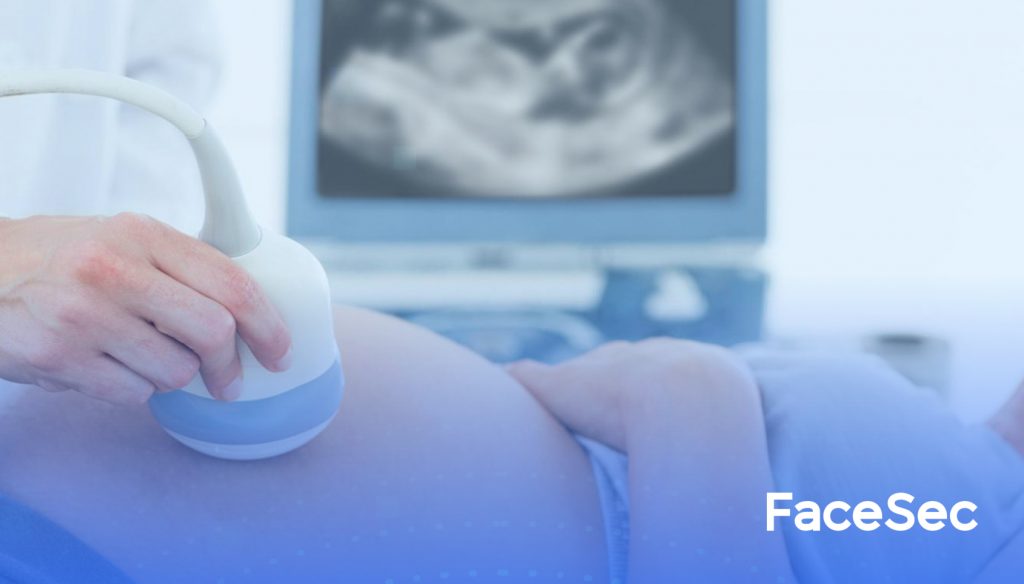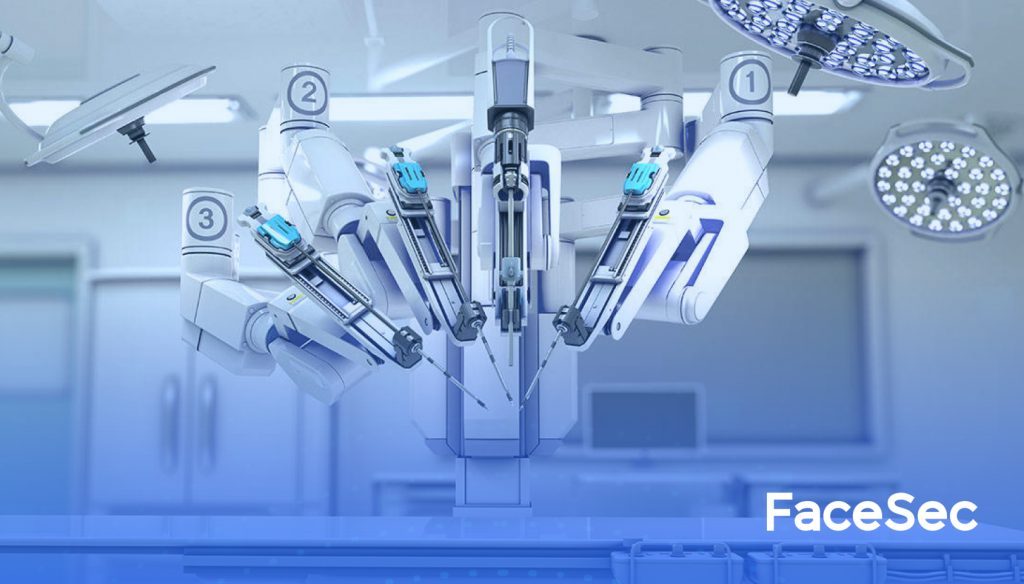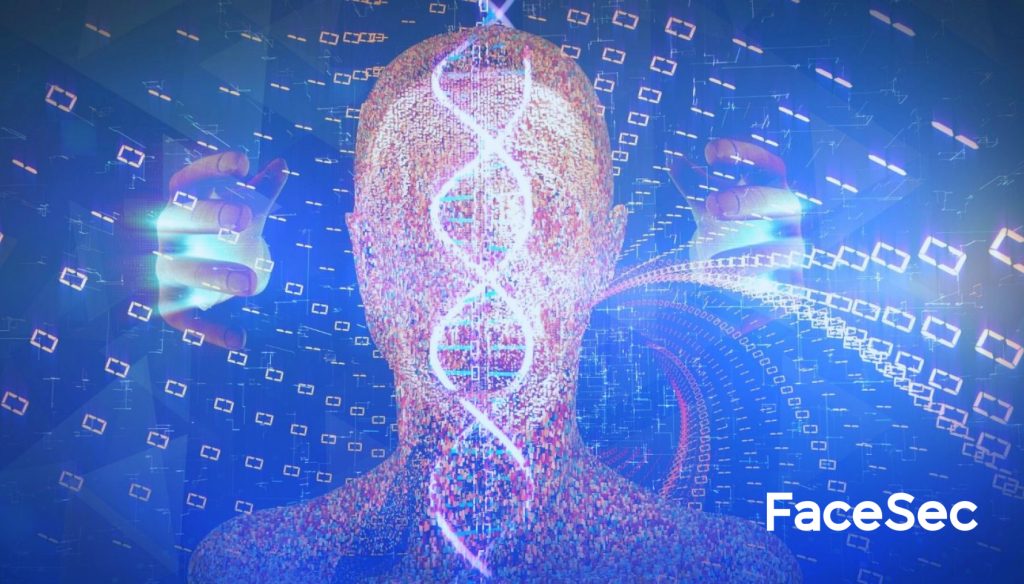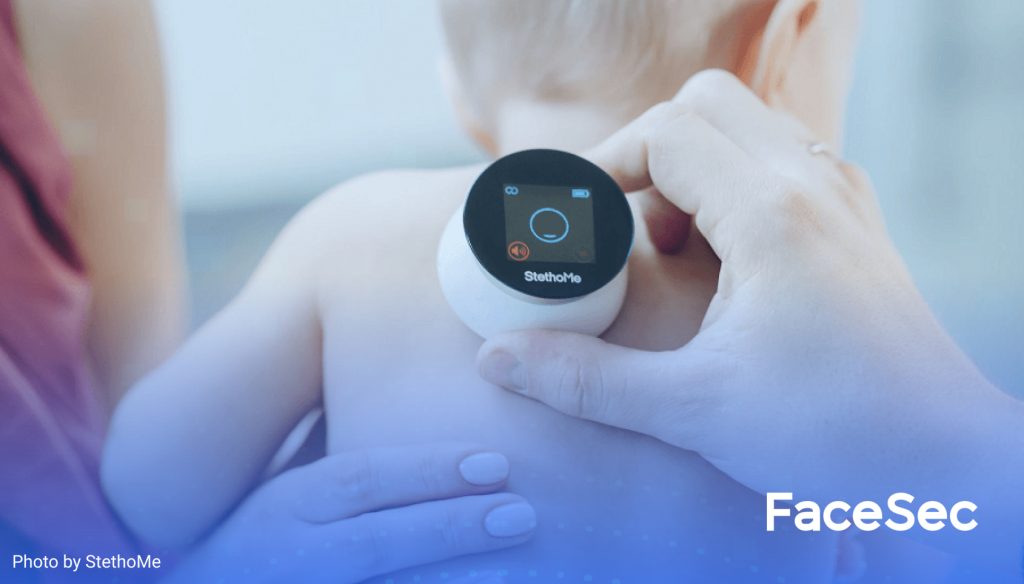As artificial intelligence (AI) grows more widespread in corporate enterprise and everyday life, it is increasingly being applied in healthcare. AI has the ability to assist healthcare providers in a variety of ways, including patient treatment, administrative work and even influences patient outcomes in healthcare.
Medical AI companies develop systems that help patients at every level. Clinical intelligence also analyzes medical data from patients and provides insights to assist them improve their quality of life. Here are 4 applications of A.I. technology in clinical intelligence systems that help patients.
Maternal Care

A.I. technology can be used to detecting high-risk mothers and lowering maternal mortality and complications after childbirth. Using electronic health data and artificial intelligence, it can predict whether expectant moms are at high risk of complications during delivery. Also, using digital technology to provide patient access to regular and high-acuity (i.e., more sophisticated and frequent) care throughout their pregnancy.
Healthcare Robotics

Certain medical robots, in addition to medical professionals, assist patients. Exoskeleton robots, for example, can help paralyzed individuals walk again and become self-sufficient. Another example of technology in action is a smart prosthesis. These bionic limbs have sensors that make them more responsive and accurate than real body parts, and they can be covered with bionic skin and linked to the user’s muscles. Rehabilitation and surgery can both benefit from the use of robots.
Genetics AI Data-Driven Medicine

From genome sequencing to producing a tailored health status from the data in our fitness/activity trackers, today’s healthcare consumer is becoming increasingly involved in their personal medical treatment. All this big data is being accumulated and integrated to give a more predictive picture of our health or medical status. Data-driven medicine has the potential to increase not just the precision and quickness of genetic illness identification, but also to pave the way for personalized medical therapies.
AI-powered Stethoscope

With AI-powered stethoscopes, readings can be taken even in noisy surroundings, providing for more accurate diagnosis. Because there is no requirement for training to use the digital device, anyone can obtain the records and transmit them to the doctor. This reduces their risk of developing COVID-19 and makes it simpler to deliver better medical treatment in remote places and to chronically ill patients.
The bulk of AI and healthcare advances are beneficial to the healthcare business, however the methods they support can vary greatly. While some publications on artificial intelligence in health suggest that AI can perform as well as or better than humans in certain activities, such as disease diagnosis, it will be a long time before AI in healthcare replaces people in a wide range of jobs in the medical field.